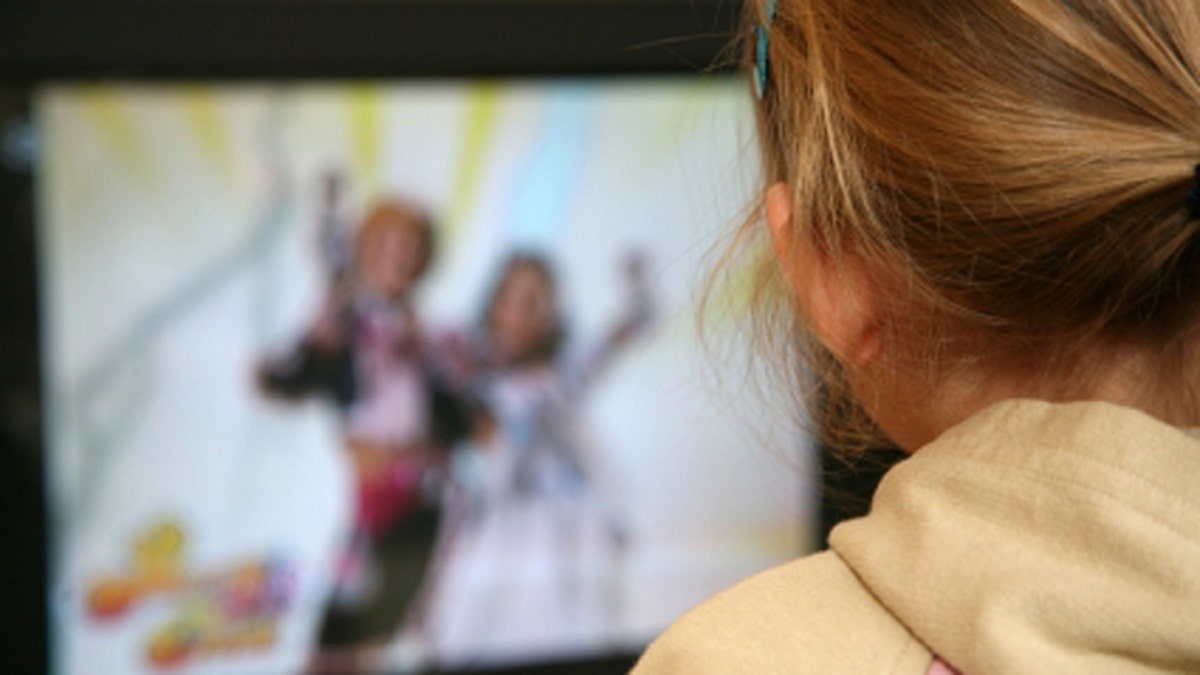
(iStock)
Children exposed to violence in video games and on TV display similar reactions to those who witness war and acts of violence in real life, according to an Australian study.
Macquarie University Children and Families Research Centre deputy director Dr. Wayne Warburton said Tuesday that years of study across the world showed definite links between time spent watching dramatized violence and the likelihood of aggressive behavior in the young.
"There are some key impacts of violent media on children that are very well demonstrated in research," Warburton said.
"They include increases in the likelihood of aggressive behavior, increases in desensitization to violence and an increase in the overall view that the world is more scary and hostile than it really is."
Warburton -- who co-authored the book "Growing Up Fast And Furious: Reviewing The Impacts Of Violent And Sexualised Media On Children" -- said MRI brain scans of children exposed to dramatized violence showed similar reactions to those who saw real violence.
"The brain isn't very good at differentiating between media and real-life situations, so we find very similar effects across all the main media -- television, movies, video games and music," he said.
Warburton said tests showed children who played violent video games had a heightened likelihood of aggression for up to 15 minutes after switching off the console.
"Over the long term it's just like eating fatty food -- one hamburger won't kill you but there is a cumulative effect," he said.







































